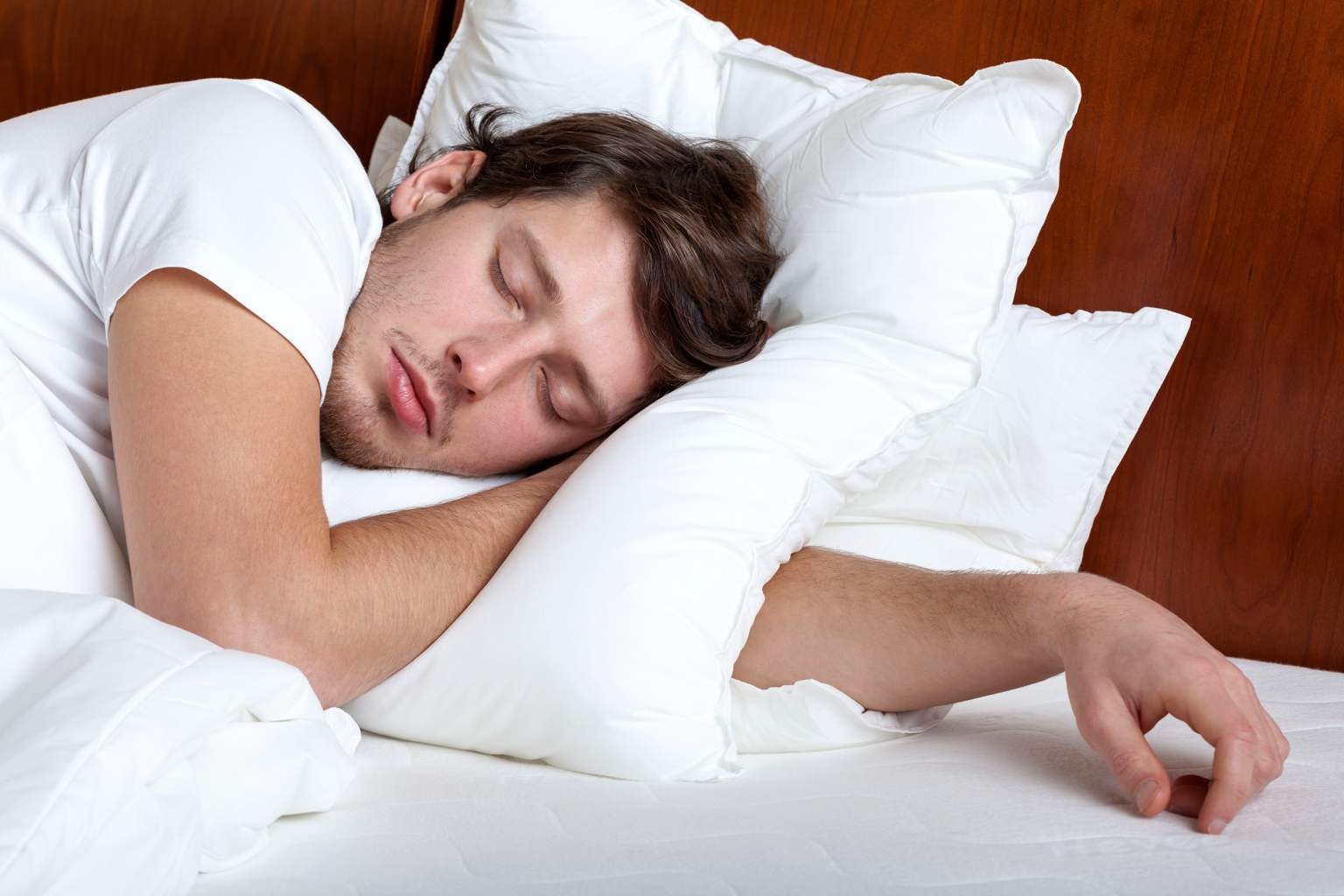What if the secret to a deep, restful sleep didn’t involve running miles or hitting the pool, but instead a simple, gentle workout? Imagine finishing your day feeling calm, relaxed, and ready to drift off without tossing and turning. This is exactly what light muscle training can do—stimulating your body’s hormone rhythm and setting the stage for truly restorative rest.
How light strength training improves your sleep cycle
You might assume that exhausting yourself with intense cardio is the only way to promote good sleep, but experts say otherwise. Light muscle training offers a different path—it regulates your biological rhythm without strain. After a brief session, your body releases calming hormones and lowers cortisol, the stress hormone that often keeps your brain restless.
This hormonal shift encourages quicker sleep onset and deeper sleep, helping you wake up refreshed instead of groggy. It’s a gentle push for your system, not a harsh demand.
The science behind better sleep with muscle exercises
What’s at work when you engage in this light exercise? Your body produces endorphins, the natural “feel-good” chemicals that reduce pain and promote calm. At the same time, the synthesis of melatonin—the hormone that governs sleep—gets a boost. With these two working together, your brain’s sleep cues become stronger, making it easier to fall asleep quickly.
Studies show that 3 sessions a week of moderate strength workouts lengthen the deep sleep phase, reduce the number of night awakenings, and result in a more sustained period of slow-wave sleep, which is essential for physical and mental recovery.
Benefits beyond better sleep: muscle tone and mood boost
The advantages don’t stop at bedtime. Light muscle training also improves muscle tone and balance while helping to stabilize blood sugar, a key player in energy management during the day. Many who adopt this routine notice a lift in their overall mood, a decrease in anxiety, and an energized feel that carries them through their daily tasks.
And the best part? Almost anyone can do it. It’s ideal for those juggling busy schedules or anyone who struggles to find time for both exercise and proper rest.
From my own experience, I found that incorporating just 30 to 45 minutes of light strength exercises like squats, planks, and modified push-ups, performed three times a week, made a significant difference in how quickly I drifted off. Plus, I woke up feeling more refreshed and less tense, without the muscle soreness that often accompanies heavier workouts.
Simple exercises to include and best times to work out
You don’t need fancy equipment or gym access to enjoy these benefits. Bodyweight exercises are more than enough to activate the right muscles without causing fatigue. Think of basic moves such as squats, static planks, and easy push-ups as a way to gently stimulate your body’s strength.
Aim to work out in the morning or late afternoon, steering clear of intense sessions within two hours of bedtime. This timing avoids triggering your nervous system too close to sleep, giving it a chance to wind down naturally.
Consistency matters. Aim for 3 to 5 sessions a week, mixing in lighter activities like stretching or easy walks on off-days to keep your body balanced and prevent overstrain.
Easy habits to deepen restorative sleep without burnout
One of the most attractive benefits of this approach is how it emphasizes quality over quantity. It’s not about pushing harder but moving with intention, coaxing your body into relaxation rather than exhaustion. This helps lower cortisol and creates a natural demand for rest that supports uninterrupted, deep sleep.
Pairing this routine with a steady sleep schedule and a light dinner enhances its effect, weaving together lifestyle habits that promote a full night of rest. It’s a sustainable habit adaptable to all ages and fitness levels and can transform your evening ritual into a powerful sleep ally.
Have you tried a light strength routine before bed? What changes did you notice in your sleep quality? Share your experiences and thoughts—your feedback could inspire others to take the first step toward better nights and brighter days!
